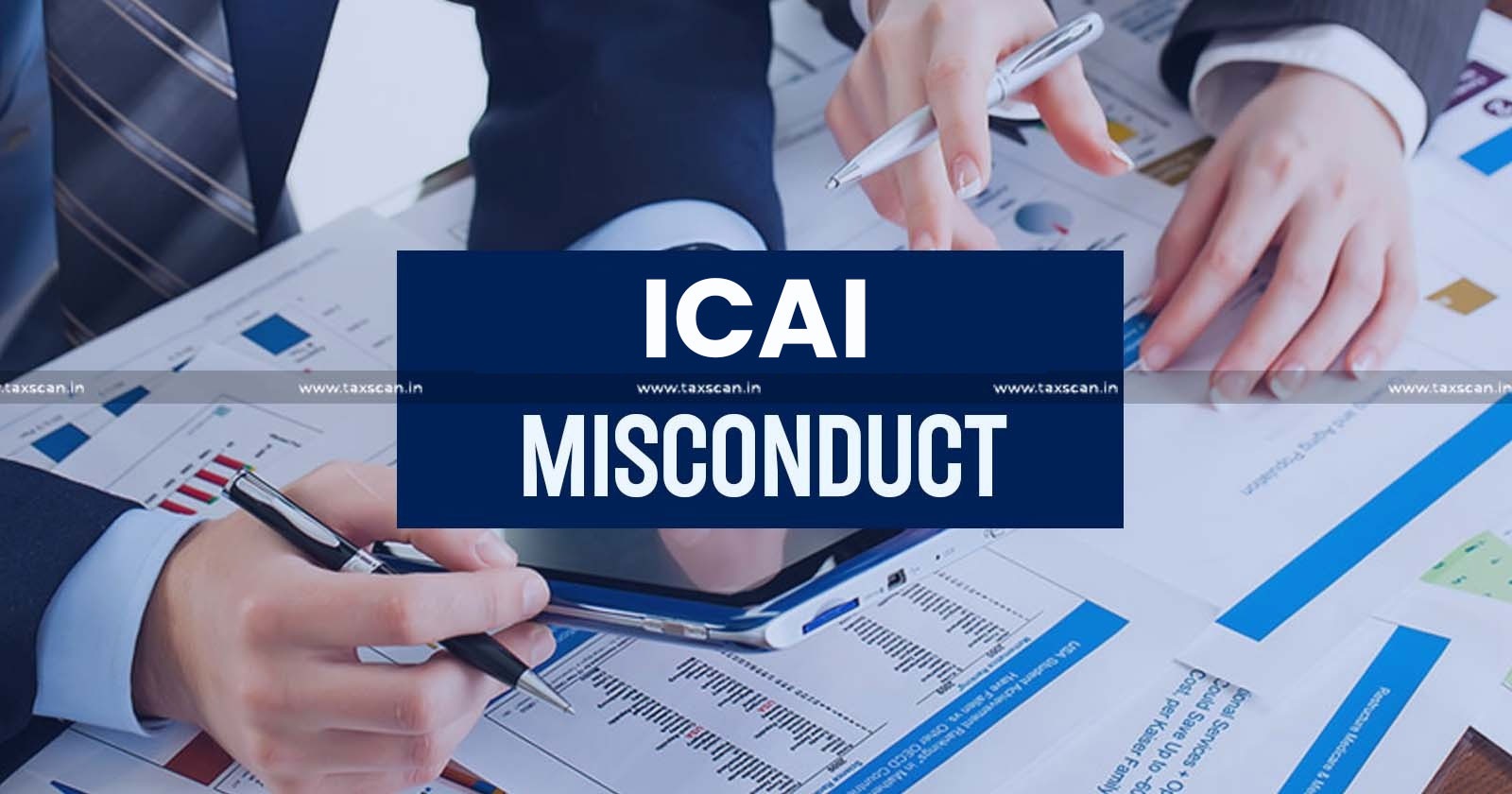Lancelot Sanderson, C.J.@mdashThis is an appeal from the judgment of my learned brother Mr. Justice Chaudhuri by which he made absolute a Rule calling upon the defendants, Joylal & Co., to show cause why an injunction should not be granted restraining them, until the final disposal of the suit or further order of the Court, from further proceeding with the arbitration proceedings in respect of contract No. 13,700, dated the 6th day of December 1917. It appears that on the above-mentioned date the defendants had entered into a contract with the plaintiff. It was in the form of a sold note and was addressed to the plaintiff Gopiram Bhotica and was as follows: "We have this day sold by your order and on your account to our principals 1,50,000 yards Hessian cloths" of a description and quality therein stated. It was signed by the defendants as "Brokers." Delivery was to be January to March 1918, 50,000 yards monthly. The contract contained a Clause 12, which ran as follows:
Any dispute whatsoever arising on or out of this contract shall be referred to arbitration under the rules of the Bengal Chamber of Commerce applicable for the time being for decision, and such decision shall be accepted as final and binding on both parties to the contract.
2. In January 1918, the plaintiff asked for a delivery order for 50,000 yards. This request was not complied with, and on the 31st of January 1918, Messrs. Khaitan & Co., on behalf of the defendants, tendered Rs. 8,750 as the value of the goods deliverable under the said contract. The goods not having been delivered, on the 12th of February 1918 the defendants sent a difference bill for Rs. 13,625 and demanded payment of that sum. On the 20th of February 1918, the plaintiff wrote the following letter:
I am surprised to receive your letter of the 12th instant delivered me late by post, enclosing your difference bill No. 15,571, dated 5th current, for Rs. 13,625 and in reply beg to point out to you that due date price charged therein is not correct. Please amend the due date price as settled with you on the due date at Rs. 37 per 100 yards, and send me back at your earliest convenience for payment and oblige. Your bill is returned herewith.
3. On the 25th of February 1918, the defendants asked the plaintiff for delivery order for further 50,000 yards cloth. After several letters the plaintiff wrote the letter dated the 6th of March 1918. It is as follows: "l am in receipt of your letter of 2nd instant, delivered me late by the post office, and in reply I challenge your right of purchasing the goods against me after due date. I regret I cannot entertain your claim." A difference bill was sent and the plaintiff replied on the 16th of March 1918 as follows: "I have no other alternative but to refer you to my letter of 6th current. I deny my liability in the matter." A similar demand for delivery order was made in respect of the March consignment, and upon a difference bill being submitted by the defendants, the plaintiff on the 11th of April 1918 denied his liability. On the 18th of November 1918 the defendants wrote to the Registrar, Tribunal of Arbitration, the Bengal Chamber of Commerce, submiting their statement and requesting the constitution of a Tribunal of Arbitration upon the matters in dispute between the defendants and the plaintiff. On the 18th of December 1918 the plaint in the suit was filed: in it the plaintiff asked "(a) For a declaration that the defendant firm is not entitled to proceed with the said arbitration or claim any damages under the said contract in which he acted merely as broker; (6) for an injunction to restrain the defendant firm from proceeding with the said arbitration pending before the tribunal of the Bengal Chamber of Commerce." On the same day an application was made by the plaintiff for an interlocutory injunction to restrain the defendants from proceeding with the arbitration. The learned Judge on that day granted a Rule, which, as already stated, was made absolute on the 4th of June 1919.
4. The learned Judge''s decision was based upon certain grounds which were as follows: "I think, however, having regard to the character of the suit and the allegations of fraud and misrepresentation made and also as it involves difficult questions of law and custom, it is a fit case for this Court and incompetent for the Chamber, and the arbitration should be stayed."
5. On the hearing of this appeal, the learned Counsel for the plaintiff said that he did not support the grounds of the judgment, but he relied upon certain points upon which he argued be could support the judgment. The first was that the arbitration clause was confined to disputes arising between "parlies to the contract," which, he contended, means the buyer and seller, and that the defendants, who signed the contract merely as brokers, were not parties to the contract of purchase and sale within the meaning of the clause.
6. On the other hand, it was contended on behalf of the defendants that there is in Calcutta a well known custom by which brokers in contracts in gunny, Hessian and other manufactured jute goods are held responsible by both buyers and sellers for the performance of the said contracts and that the brokers themselves either receive the damages or pay the same.
7. The learned Counsel for the plaintiff did not dispute the alleged custom, but he contended that the brokers did not by reason thereof become parties to the contract for all purposes or to such an extent that they could be said to be parties to the contract within the meaning of the arbitration clause. It was argued on behalf of the plaintiff that the question whether the defendants were parties to the contract should be decided by the Court: On the other hand, the defendants contended that this was a question which depended upon the express terms of the contract and the terms which would have to be read into it by reason of the custom, and that it was a question which should be left to the Arbitaration Tribunal for decision.
8. There was a dispute on a question of fact between the parties as to whether the defendants at the time of presenting the sold note to the plaintiff disclosed the name of their principals, Messrs. Amarchand Madhoji & Co. Upon that question I am not in a position to express any opinion at present: it is a question which will have to be decided by the tribunal which adjudicate upon the dispute. It was further contended on behalf of the plaintiff that if the result of incorporating the alleged custom into the terms of the contract was to made the brokers "a party to the contract" within the meaning of the arbitration clause, it was unreasonable. Another contention on behalf of the plaintiff was that by reason of the institution of the suit, the arbitrators appointed or to be appointed by the Chamber of Commerce were or would be functus officio and that the arbitration proceedings would be futile; and lastly it was argued on behalf of the plaintiff that the Court should exercise its discretion and dismiss the appeal, on the ground that the injunction would be the means of avoiding a multiplicity of proceedings.
9. The defendants contended that the alleged custom was not unresonable, and that in any event it was for the Tribunal of Arbitration to ascertain the custom and to decide what incidents are thereby imported into the contract. It was further urged on behalf of the defendants that this Court has no jurisdiction to restrain the arbitration proceedings by injunction, as such proceedings do not constitute an interference with any legal right of the plaintiff; that the alleged grounds, namely, that the defendants were not a "party to the contract" and that the arbitration proceedings consequently would be futile, ware not sufficient to give the Court jurisdiction, and that even if the Court had jurisdiction to grant an injunction, there was no ground in this case for the exercise of such jurisdiction. It was then urged on behalf of the plaintiff that the arbitration proceedings might not be futitle because in this country the award, if made against the plaintiff, could be executed as soon as it was filed and before the plaintiff could move the Court to restrain execution, and that this distinguished the case from the English cases based on the English Arbitration Act. I think the judgment of Mr. Justice Rankin in Sardarmull Jessraj''s V. Agar Chand Mahata & Co. 52 Ind. Cas. 588 : 23 C.W.N. 811 supplies the answer on this point. The learned Judge says: "I think it is a matter of procedure and not of substance that the party complaining in such a case would have to apply to the Court to have the document taken off the file. I do not think that I ought to start granting interlocutory injunctions upon novel considerations, and attempt to commence a new system as regards interfering with arbitrators in such matters by reason of this difference in practice between the Indian Arbitration Act and the provisions of the English rules."
10. I do not think that it is necessary in this case for us to decide the question whether the Court has jurisdiction to grant an injunction: for, in my judgment, assuming that the Court has jurisdiction, we ought not now to exercise that iurisdiction. The judgment of the learned Judge having been based on grounds, which the learned Counsel for the plaintiff did not support, it is entirely in the discretion of this Court to grant or refuse an injunction; and, in circumstances of this case in my judgment an interlocutory injunction should not be granted. The suit in this case was obviously instituted for the purpose of preventing the arbitration proceedings; it is not a suit in which all the questions which are in dispute between the plaintiff and the defendants could be decided, e.g., the amount, if any, which is due to the defendants in respect of the contract could not be ascertained in the suit: and, I am not able at the present stage of the proceedings to say that the matters in dispute between the parties are such as should not be submitted to and decided by the Arbitration Tribunal.
11. For these reasons in my judgment the appeal should be allowed and the interlocutory injunction should be set aside with costs both in this Court and in the Court below.
Mookerjee, J.
12. I agree.
Fletcher, J.
13. I agree.

